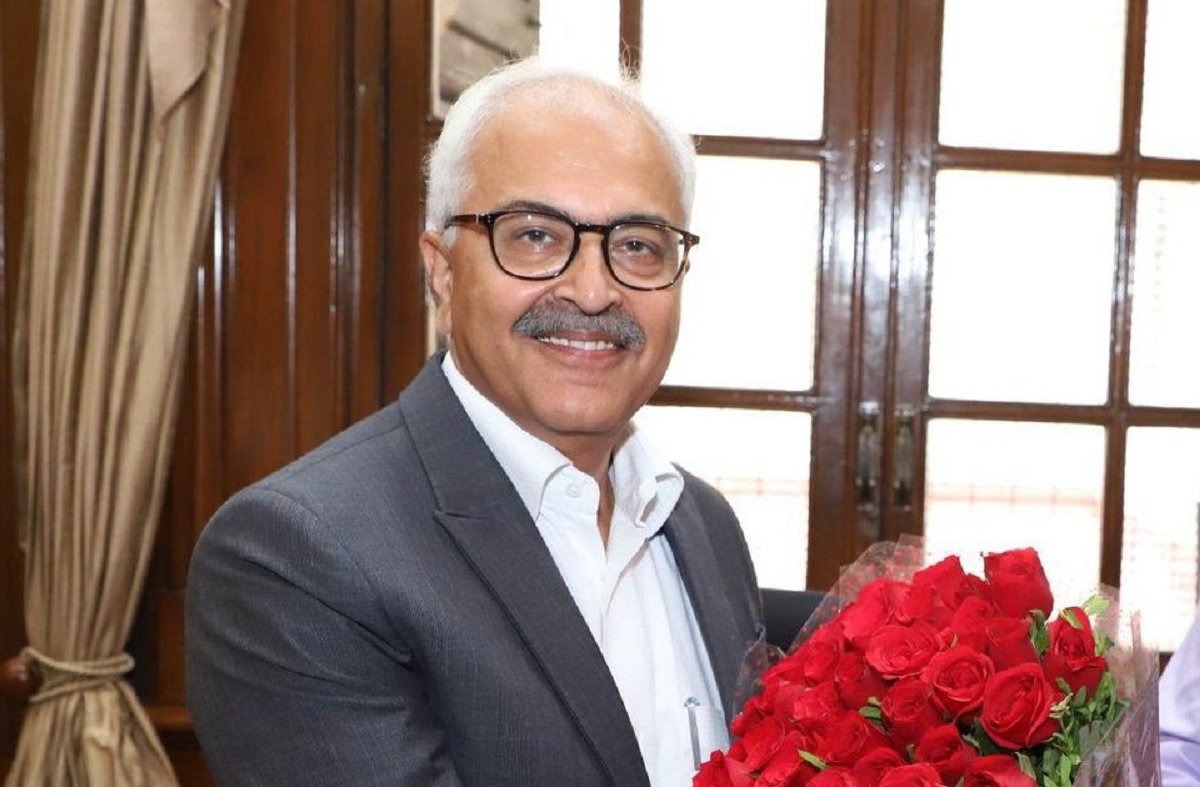In a landmark decision, the Governor-in-Council of Manipur, during its sitting on April 24, 2025, approved the adoption of two pivotal Central Government Office Memorandums (OMs) that will grant extended paid leave to female employees in the state. These provisions aim to provide better support to women in the workforce by allowing them to balance professional and caregiving responsibilities.
- Child Care Leave (CCL) – Up to 730 Days
The first major measure introduced is the Child Care Leave (CCL), which permits women employees and single male employees with minor children to take up to 730 days of leave during their entire service. This leave can be used for child-rearing, as well as for attending to the child’s health, education, and other essential life events.
CCL will be available for up to two surviving children, ensuring that parents have the flexibility and time needed to care for their children without compromising their professional commitments. This provision reflects the government’s ongoing commitment to women’s welfare and aims to strike a balance between career responsibilities and caregiving duties.
- Special Maternity Leave (SML) – 60 Days for Mothers After Loss
In another significant step, the state government has introduced 60 days of Special Maternity Leave (SML) for women who experience a stillbirth or the death of a child shortly after birth. This leave is designed to provide emotional and physical recovery time for mothers during a highly traumatic period, ensuring they are not burdened by job insecurity or loss of pay.
SML goes beyond regular maternity leave, specifically addressing the unique needs of mothers who endure the pain of losing a child, offering crucial time for healing and support.
By adopting these provisions, Manipur aligns its policies with those of the Central Government, reinforcing its commitment to supporting employees in balancing their roles as professionals and parents. The new measures are expected to significantly improve the working conditions for women in the state, reflecting a progressive step in promoting gender equality and family welfare.




